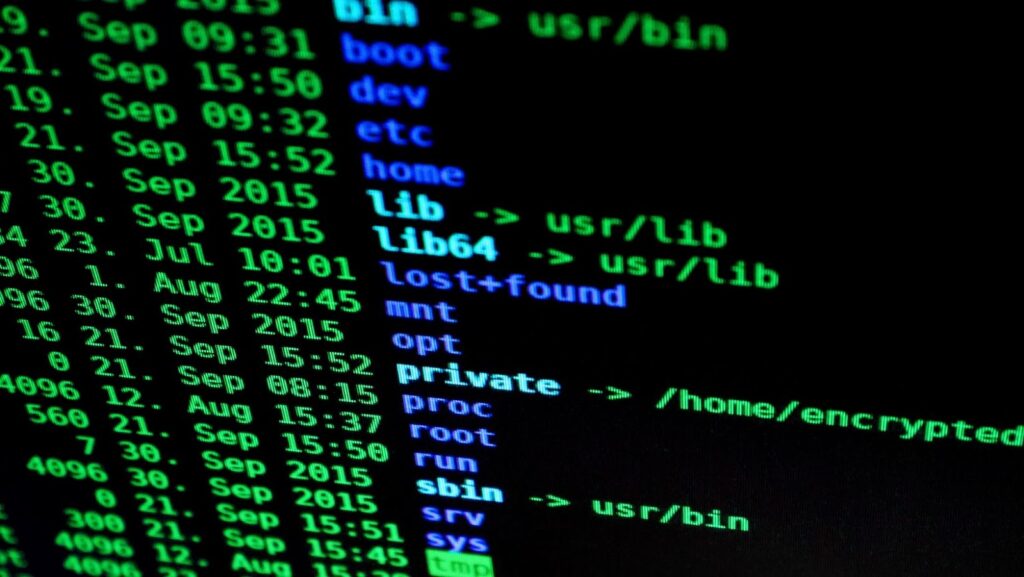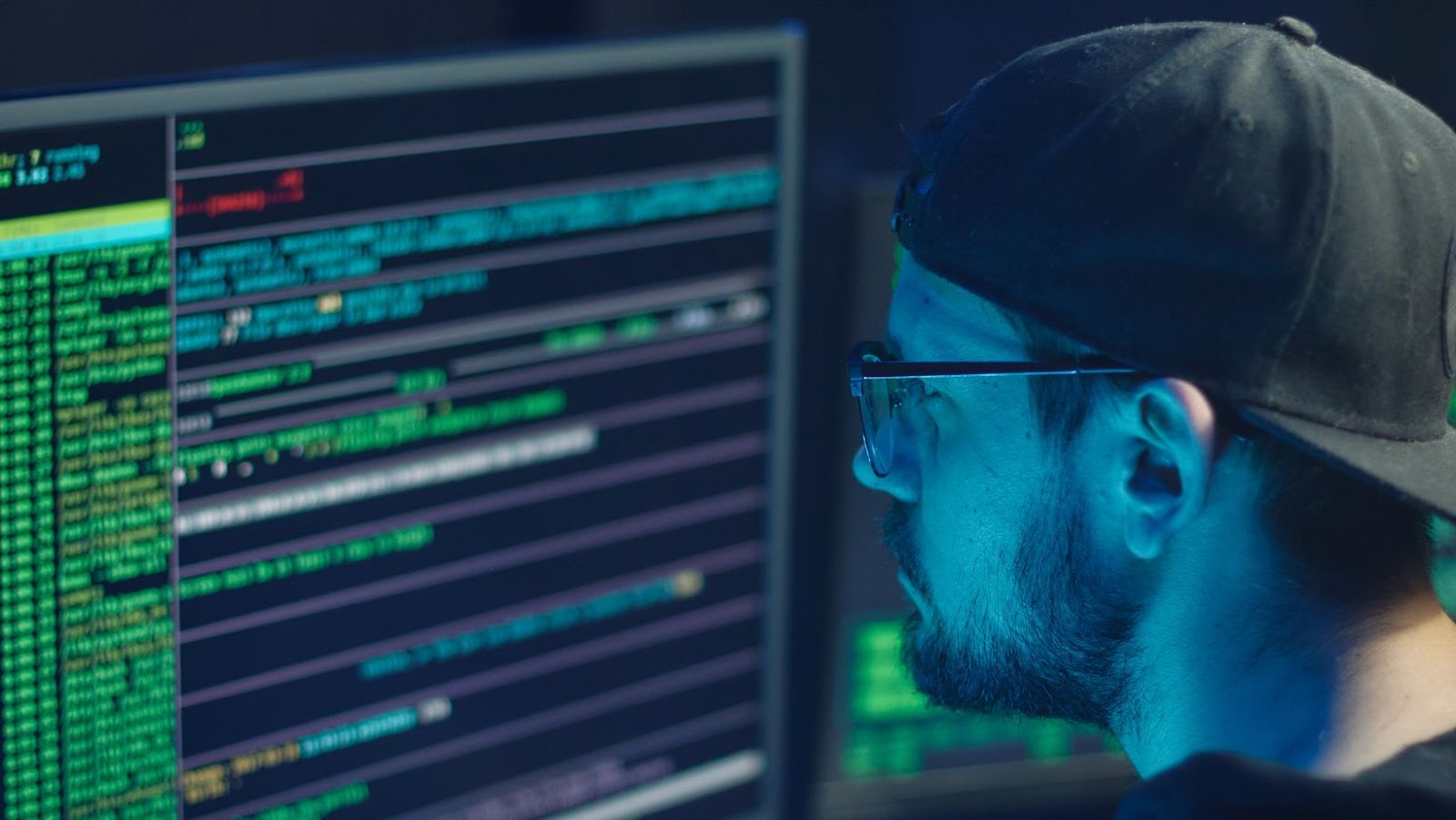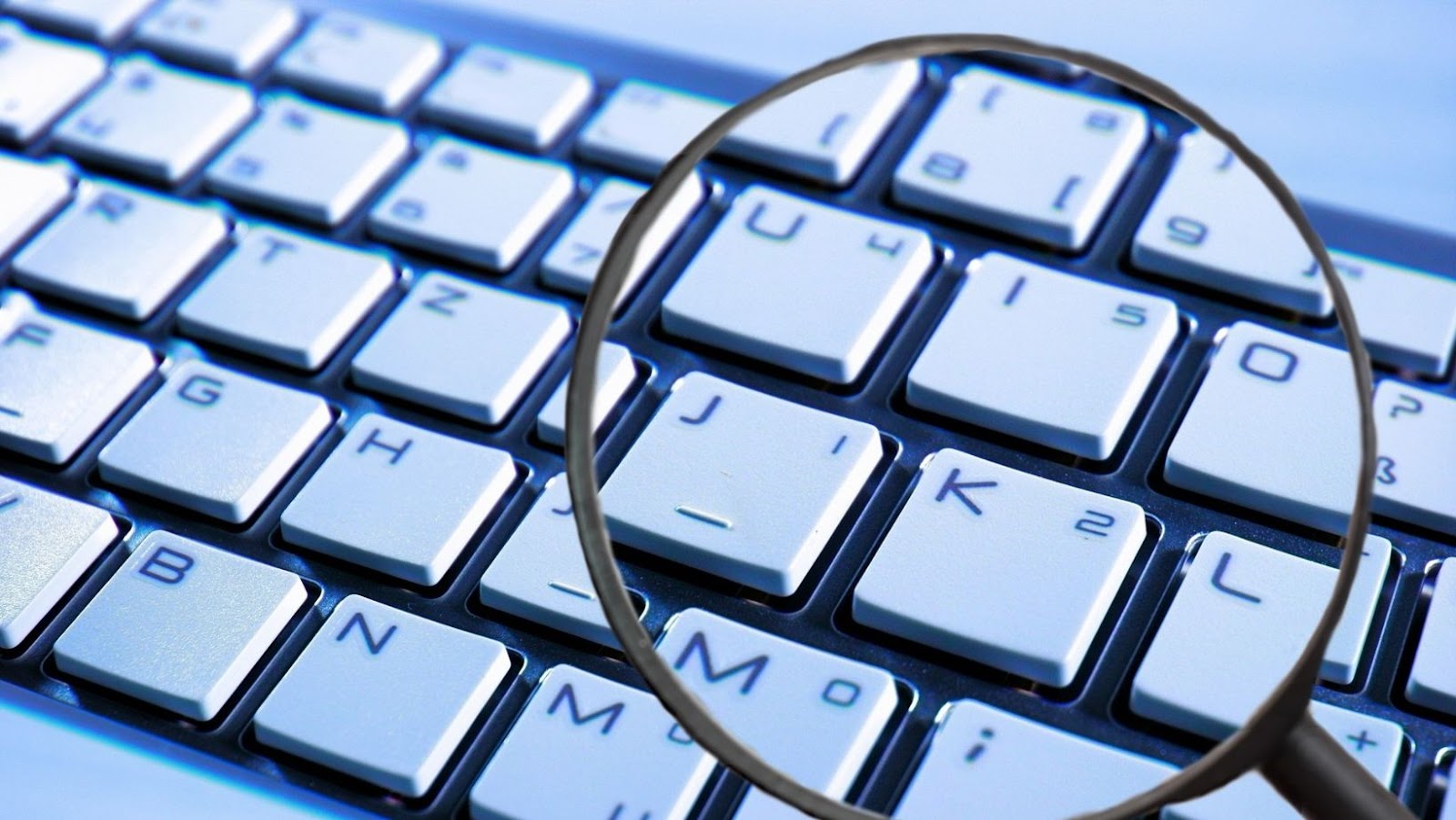
Pegasus is a sophisticated surveillance spyware developed and sold by the NSO Group, an Israeli spyware company. It is designed to target Android and iOS operating systems, allowing attackers to access devices for espionage.
Pegasus has been linked to numerous phone hacks worldwide, including in the United Arab Emirates, Mexico, Saudi Arabia, Kazakhstan, and India. The most notable example of Pegasus being used is when it was used to hack the mobile of Mexican activist Sergio Aguayo beginning in 2017.
Amnesty International recently unveiled its “Detekt” tool that provides people with a simple way to detect if Pegasus has targeted them on their device. Anyone can use it free of charge—all you have to do is download the Detekt tool onto your desktop computer or laptop and then connect your phone (via USB cable) and run the scan. If you find that someone has tried to infiltrate your device, Amnesty has provided detailed advice on how you can respond accordingly.
What is Pegasus Spyware?
Pegasus is a type of spyware capable of remotely accessing your phone and collecting personal data. Governments can use it to track activists, journalists, and anyone else perceived as a threat. As a result, it is important to know how to check your device for Pegasus spyware to protect your privacy.
To help users check their phones for Pegasus spyware, Amnesty International has released a tool that can help. In this article, we will discuss what Pegasus spyware is and how to use Amnesty’s tool to check your phone for any traces of the spyware.
How Pegasus Spyware Works
Pegasus spyware is a surveilling tool developed by the Israeli company NSO Group. It was created to enable groups such as governments, law enforcement, and corporations to gain access to the private data of both individuals and organizations.
Pegasus is a sophisticated piece of malware reported to target Android and iOS devices. It can access user’s data without their knowledge or permission through different methods, including SMS, WhatsApp messages, and phishing links. Once on the device, Pegasus can infect applications and silently record conversations, take photos via the camera, and collect contacts and location data. It can even stealthily delete any evidence it leaves behind on the device.
This dangerous type of covert surveillance only became public knowledge in 2016 when Google revealed that Pegasus had been used in targeted attacks against human rights defenders across 20 countries in Africa, Europe and Latin America. Amnesty International has reported sightings of Pegasus being used against activists in Morocco and Mexico in 2018. This past August most notably, there were reports of Pegasus attacks conducted against Whatsapp users in India; these accounts were likely targeted due to their involvement with an organisation protesting India’s controversial Citizenship Amendment Act 2019 (CAA).
To protect yourself online from tactics such as those employed by Pegasus, it’s important that you stay vigilant about your online security posture at all times using best practice measures for visiting safe online as highlighted here. Amnesty International has also released an easy-to-use tool allowing you to quickly check if your device has been affected by this malware or not.

What Can Pegasus Spyware Do?
Pegasus spyware, developed by the NSO Group, a cyber-arms supplier owned by an Israeli investment fund, is malicious software designed to gain access to computers and mobile devices. It can monitor user activities, steal data and personal information, access personal emails and messages, track location data and more.
Once it gains access to a phone or computer device, Pegasus surreptitiously collects data by recording keystrokes sent through messaging apps, tapping into audio streams to listen in on phone conversations, capturing screenshots of a device’s screen or gathering email addresses stored on the machine. It can also search through previously deleted files often still stored in storage systems such as iCloud or Google Drive.
Beyond this basic information collection ability lies one of Pegasus’ most powerful capabilities – the ability to use exploited vulnerabilities present on the device’s operating system (like iOS and Android) to spy on users without their knowledge. By exploiting security holes in popular platforms such as Apple and Google mobile OS’ it can automatically install itself into the target device without any visible notification or warning for the user – allowing remote operators complete electronic surveillance of all activities within that system without requiring any user interaction. With this level of control over a target’s system, it is possible for attackers to monitor those systems; not only gather sensitive private data but also block applications from running in order to deny users the ability to conduct their day-to-day activities securely.
Given these capabilities people seeking protection against Pegasus must take action immediately if they believe their devices have been infected. Amnesty International has launched an online tool that enables anyone with an iPhone or iPad device to quickly find out if they’re infected with spyware developed by NSO Group – known as Pegasus Spyware – which has been implicated in human rights abuses around the world including stalking journalists investigating corruption cases, remotely activating audio stimulation features while users account passwords were being stolen during attacks aimed at human rights defenders; all without leaving user phones evidentiary trail whatsoever. By following Amnesty International’s steps you can both check your phone for presence of Pegasus Spyware using Amnesty’s online tool but also keep your device safe from future malicious attacks by regularly installing security patches available for your particular OS version released by Apple’s automated update engine thereby keeping you safe against future targeted attacks like those carried out with Pegasus Spyware program since 2016 all around world at alarming rate letting many innocent bystanders extremely exposed at mercy of unidentified attackers remotely taking full control over their most sensitive digital assets stored inside their phones and computers while they remain oblivious about situation until it is too late when first signs from compromises become noticeable long after attack has been established successfully putting victims completely powerless once security breach occur afflicting them devastating consequences uneffectively predicted up front before event actually happen..
How to Check Your Phone for Pegasus Spyware
Pegasus is a powerful form of spyware that can be used by governments or hackers to track your activities, including collecting data from your microphone, camera, SMS messages, and more.
However, there is now a tool from Amnesty International that can help you detect if your phone has been infected with Pegasus spyware.
Let’s take a look at how to check your phone for Pegasus spyware using Amnesty’s tool.

Amnesty’s Tool
Amnesty International has developed a tool to detect whether your phone might be infected with Pegasus spyware. It’s called the Amnesty International Pegasus Spyware Checker and it can be used to scan for signs of the software on your Android device. The tool won’t reveal the source of any infections, but it will alert you if anything suspicious is found.
Here’s how you can use Amnesty’s Pegasus Spyware Checker:
1. Download and install the checker from Google Play onto your Android device.
2. Open the checker app and confirm the connection made by your device to the Checking Service.
3. Receive an overall result about whether any evidence of Pegasus spyware was found or not on your phone, along with additional results containing details of information gathered by Amnesty’s tool during its scan (depending on different technical aspects).
4. If evidence of Pegasus spyware is detected, then consider taking necessary measures as suggested in Amnesty’s Consumer Rights guide such as restoring phone hardware to factory settings (this will remove any potentially malicious applications).
It’s important to note that Amnesty’s spyware checker is designed for Android devices only, and their “Checking Service” does not store any data related to your phone or scan results separately than what you have shared via their user feedback survey post-scanning completion. This is aimed at ensuring that no identifiable information related to users remain in databases used by researchers at Amnesty International when checking for evidence of spying software on devices worldwide.
How to Use Amnesty’s Tool
Amnesty International, in partnership with security researchers at Lookout, developed a tool to detect the Pegasus spyware on your phone. Pegasus is a sophisticated piece of spyware developed by the NSO Group that can be used to unlock almost any kind of smartphone, allowing the attacker to monitor and access its data.
The Amnesty tool is designed to help you identify if your phone has been targeted or compromised by Pegasus or other similar malicious software. Here’s how to use it:
Step 1: Download the Amnesty International app from Google Play (Android devices) or from Apple App Store (iOS devices).
Step 2: Open the app and click “Check for Pegasus Spyware”. This will initiate the scan on your device.
Step 3: Follow further instructions in order to complete the scanning process on your device. The scan process might take several minutes depending on your device and OS version.
Step 4: After completing the scan, if any malicious software like Pegasus is found you will be notified along with recommendations on how you should proceed in order to protect yourself from future attacks. If no issues are found, you will be notified as well when completed with an ‘all clear’ result message.
You should periodically run this check as recommended by Amnesty International; especially in case of potential exposure or risk of malicious attacks such as those carried out by state actors against activists or members of opposition groups and others who are targeted for their work in defense of human rights and civil liberties around the world.
How to Protect Yourself from Pegasus Spyware
Pegasus spyware is a sophisticated form of malware that can be used to hack into your phone and gain access to your personal data. It has become a growing threat, recently affecting several prominent journalists and activists worldwide.
While it is difficult to detect Pegasus spyware, there are ways to protect yourself from it. In this article, we’ll look at how to check your phone for Pegasus spyware using Amnesty’s free online tool.
Use a VPN
Using a Virtual Private Network (VPN) is an important step in protecting yourself from Pegasus spyware. A VPN allows you to create a secure and private connection to another network, encrypting all of your internet traffic to ensure that your private data remains anonymous. This prevents anyone from monitoring or intercepting your connection, including hackers, governments and companies.
When using a public Wi-Fi network, be sure to use a VPN for added protection. Additionally, if possible, avoid accessing sensitive data such as financial accounts while on public Wi-Fi networks as this increases your risk of being exposed to Pegasus spyware.
Use Encryption
Encrypting your devices and communications is a key step in protecting yourself from Pegasus spyware. Amnesty International has developed a detection tool to help identify and protect yourself against this type of attack. In some cases, the malware may be targeting specific people within particular environments, making encryption an essential precautionary measure.
Encryption is the process of scrambling data so it is illegible to anyone other than its intended recipient. This means that all communications, including emails and text messages, are unintelligible to anyone who does not have the key for decrypting them – which can include spies or cybercriminals using rerouting methods like the Pegasus spyware.
Encryption protocols are those that set out standards for exchanging encrypted messages over networks or devices. You should always select strong encryption protocols and use strong passwords when setting up online services such as email accounts or mobile phones. For example, ‘PGP’ (Pretty Good Privacy) provides up to military-grade encryption if set up correctly, and it can be used on a range of different services such as email servers or smartphones with compatible applications installed on them.
It’s also important to keep your operating system, browsers and software up-to-date, as many security vulnerabilities can be exploited through outdated software versions and publicly known bugs in their codebase. By ensuring you have the latest versions installed on your device, you can dramatically decrease your risk of exposure from malicious actors seeking to target you, including those who have access to Pegasus spyware infection kits.

Use Antivirus Software
In order to protect yourself from Pegasus spyware, it is important to use reputable antivirus software. There are a number of antivirus programs available, ranging from free to paid versions. Depending on your individual needs, you can choose the version that best suits your needs.
The latest version of antivirus protection should include a comprehensive toolset that can scan for malicious files and software on your device. It is important to keep up with updates and scan regularly in order to protect yourself from any threats that come onto your device. Additionally, you should correlate information found in your antivirus program with information found on trusted websites when researching suspect files or spyware signatures. Doing this will allow you the best chance of avoiding Pegasus Spyware or other malicious threats.
Amnesty International also provides a free online tool that you can use to check your phone for Pegasus Spyware by confirming specific text messages and changing/updating passwords regularly. Additionally, as threat tactics change over time, so too should security measures; this may require updating existing operating systems or taking other precautionary steps such as verifying application downloads and avoiding potentially unsafe apps or links sent over messaging platforms like WhatsApp or SMS. Keeping up-to-date with cyber security articles is also an effective way to stay informed about potential new threats so you can take appropriate steps if necessary.
Conclusion
In conclusion, Pegasus spyware is a powerful surveillance tool developed by an Israeli company. It has been discovered in numerous countries and allegedly used for government-backed online surveillance. The tool has been used to spy on both citizens and journalists, allowing whoever is using the software to gain access to a wide range of valuable information stored on victims’ mobile phones and computers.
To help protect yourself, there are some recommended steps that you can take such as downloading the Amnesty International tool “Secure Your Phone”, which helps detect if your device has been compromised by Pegasus spyware. A more comprehensive approach, especially if you believe that you may be a target of governmental abuse could be to research and use encrypted communication tools like Signal or Telegram.
Finally, knowledge will also go a long way in helping keep your security intact – staying informed about new developments in cybersecurity will help you make decisions on what kind of precautions and protective measures should be taken to reduce your chances of falling prey to adversaries who might be spying you with Pegasus spyware.










